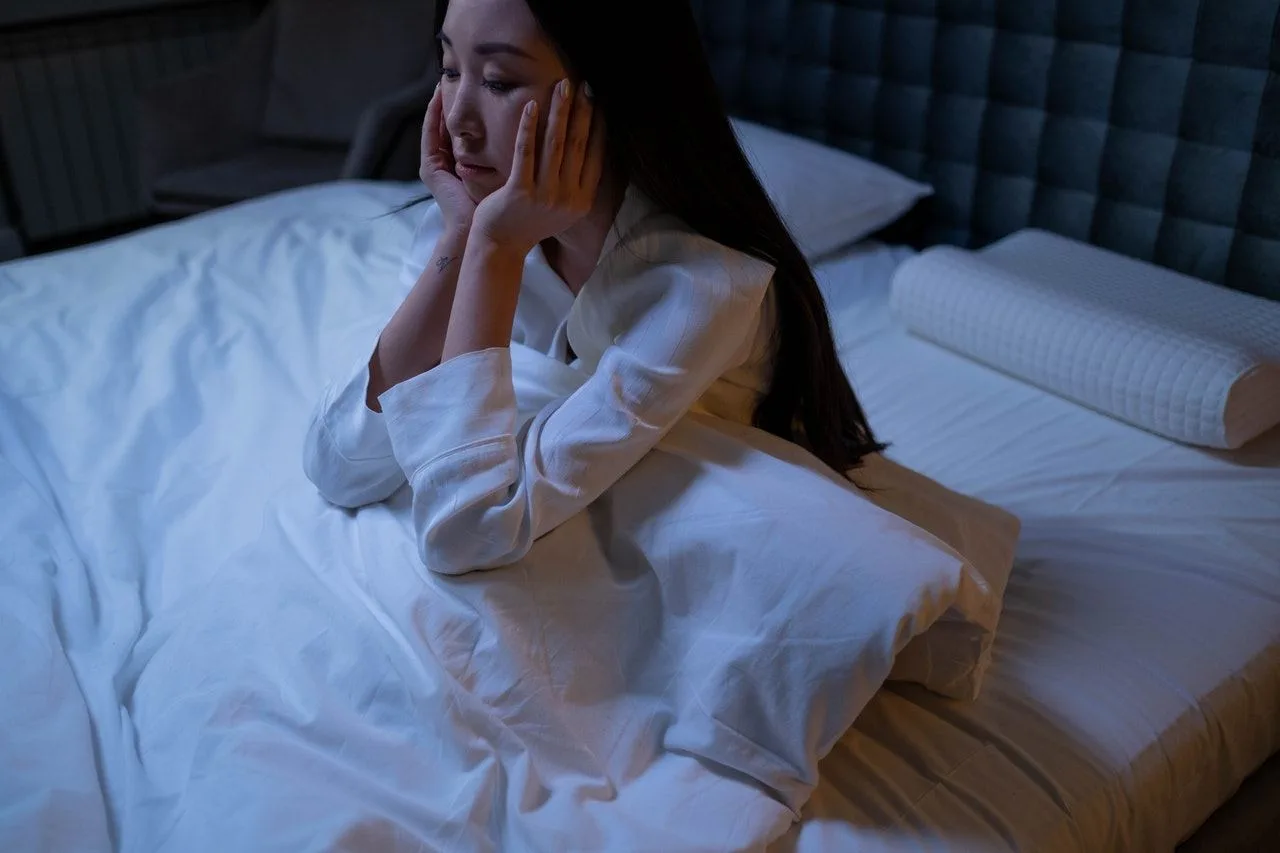Longevity LIVE Paid Content. It happens to the best of us. You roll over around 3 am, and no matter what you do, you just can’t get back to sleep. Whether you have trouble falling asleep initially or staying asleep throughout the night, the groggy, fatigued feeling you get the next day is most unwelcome. But maybe there’s a way to combat this frustratingly common event. Here is a series of tips and tricks you can follow to aid you in your quest for better, longer, sleep-filled nights.
Have a set routine
First thing’s first: you need to have a set routine and overall consistency for your sleep if at all possible. We, humans, are creatures of habit, and this is completely evident in the way we sleep. There is a reason babies are rocked to sleep at night. The gentle rhythm reminds them of their time spent in the womb and, activating that memory of sleep, can cause them to feel sleepy again. It’s the same for adults. If you have a set sleep/wake schedule and routine, your body will remember it, and you’ll be more likely to fall asleep naturally, it’s essentially a form of conditioning.

Photo by SHVETS production from Pexels
Relax beforehand
Another tip for getting to sleep is to focus on relaxation beforehand. If you are exercising or performing stressful, late-night work tasks right before bed, your body and mind are going to have a tough time mellowing out and switching off for the night.
Instead of more active or challenging tasks, try to spend the last few hours or even minutes of your day doing something you find relaxing. You might consider taking a hot shower or a warm bath to wind down or maybe do a few minutes of mindful meditation or stretching. Whatever helps you feel more relaxed can aid in the process of switching from daytime “go-go-go” mode to sleepy time.
No internet browsing in bed
Next up is a biggie (and often a little easier said than done). If you have trouble sleeping, you shouldn’t be browsing your phone in bed. Not only does the blue light emitted from the screen affect the sleep-inducing chemicals in your brain, browsing your favorite sites or watching fun videos is extremely addictive and can be hard to stop.
We’ve all fallen down the rabbit hole that interesting online information often presents, but there is definitely a time and a place for it, and just before trying to get to sleep is not the right time. While it can be a tough habit to break, avoiding screen-time before bed can have a huge effect on how quickly and how soundly you sleep at night.
Get comfy clothes
Another key element to good sleep is ultimately how comfortable you are. Something to think about in this regard is the clothing you’re wearing to bed. These days, there are so many options available for comfortable nightwear that the sky is truly the limit.

Photo by SHVETS production from Pexels
Whether you prefer to be cool or warm, fully covered, or a bit more on the free and easy side, think about the material and fit of the clothing you choose to sleep in. From basic t-shirts to tagless undies, there is a lot you can try out to find what is most comfortable for you and your sleeping arrangements or habits.
Get comfy in bed
Also in the realm of comfort is your bed and all that goes with it. Do you have a comfy mattress? Pillows? Linens? You would be surprised how much these things can affect your sleep. We spend about a third of our lives sleeping, so this might be one of the most justifiable areas of life in which to splurge.
Memory foam is an incredible invention, and orthopedic experts have been designing and redesigning various mattresses and pillows to cater to every type of sleeper. Companies like Buffy have got you covered as far as bedding is concerned, so all you have to do is invest wisely. You’re really investing in yourself and your much-needed, consistent sleep habits.

Photo by Ivan Samkov from Pexels
Listen to something
If you have trouble winding down in the evenings, another option might be to listen to something. Allow your eyes to rest as you take in the sultry sounds of Tea for the Tillerman, or whatever album you prefer.
Calming or instrumental music works best, so stick to the classics and relax as your brain takes a rest and prepares to switch into sleep mode. Of course, if music isn’t really your thing, nature sounds or podcasts are also a good way to go. Something without the visual element that allows you to close your eyes and get into that sleepy zone that is ultimately necessary for a good, long sleep.
Focus your mind
Another handy little tip that many doctors and practitioners recommend is to focus your mind before going to sleep. Giving your brain a mundane, mental task can shift your focus from the problems or events of the day and onto the body. Of course, you’ve probably heard of the classic example of counting sheep, but others suggest naming body parts or imagining yourself in a specific location like a beach or a garden. You might also want to use this time to relax your muscles as well.
As you’re naming body parts or counting sheep, you can start at the top of the head moving down the body, and focus on easing any tension you might be holding onto. This is a great way to connect the mind to the body and let go of anything that might be keeping you from sleep.

Make sure it’s dark
For many people, getting better sleep might rely on the very practical trick of making it as dark as possible in your room. Our brains are wired to transition into sleep mode when there is an absence of light (you might remember this phenomenon on movie day in school). One of the simplest things we can do in order to make sure that our brains have the best chance of identifying and signaling the fact that it’s time for sleep is to add a bit of darkness.
This might mean covering up any lights that can be seen on electronics in the room, hanging blackout curtains to block out light pollution, wearing a sleep mask, or any combination of the above.
Try a Sleep Aid
Of course, there are also some sleep aids that are available for those who have tried everything else. There are plenty of sleepytime teas available on the market these days, but you might not even need the extra chemical boost because many say that drinking a warm beverage like non-caffeinated tea, milk, or even water helps to bring on sleepy feelings regardless. You might also consider the use of melatonin or other, similar supplements, which can also naturally aid in the processes of falling and staying asleep. However, you should definitely exercise caution when using any substances that change your hormone levels, and be sure to consult your doctor if you think you might have a more serious or consistent sleep-related issue.
Ultimately, there is no substitute for a good night’s sleep, so you should be doing everything in your power to naturally alter your sleep habits in order to ensure safe, satisfying sleep each and every night. Hopefully one of these tips will be the key to your success, and you’ll be sleeping like a baby in no time!

Photo by Лилия Крутько from Pexels
Who Is The Author?

Nikki Gabriel
Nikki has about 12 years of experience in digital marketing and business operations. Connecting people and sharing thoughts is something she would love to do.



![women [longevity live]](https://longevitylive.com/wp-content/uploads/2020/01/photo-of-women-walking-down-the-street-1116984-100x100.jpg)










